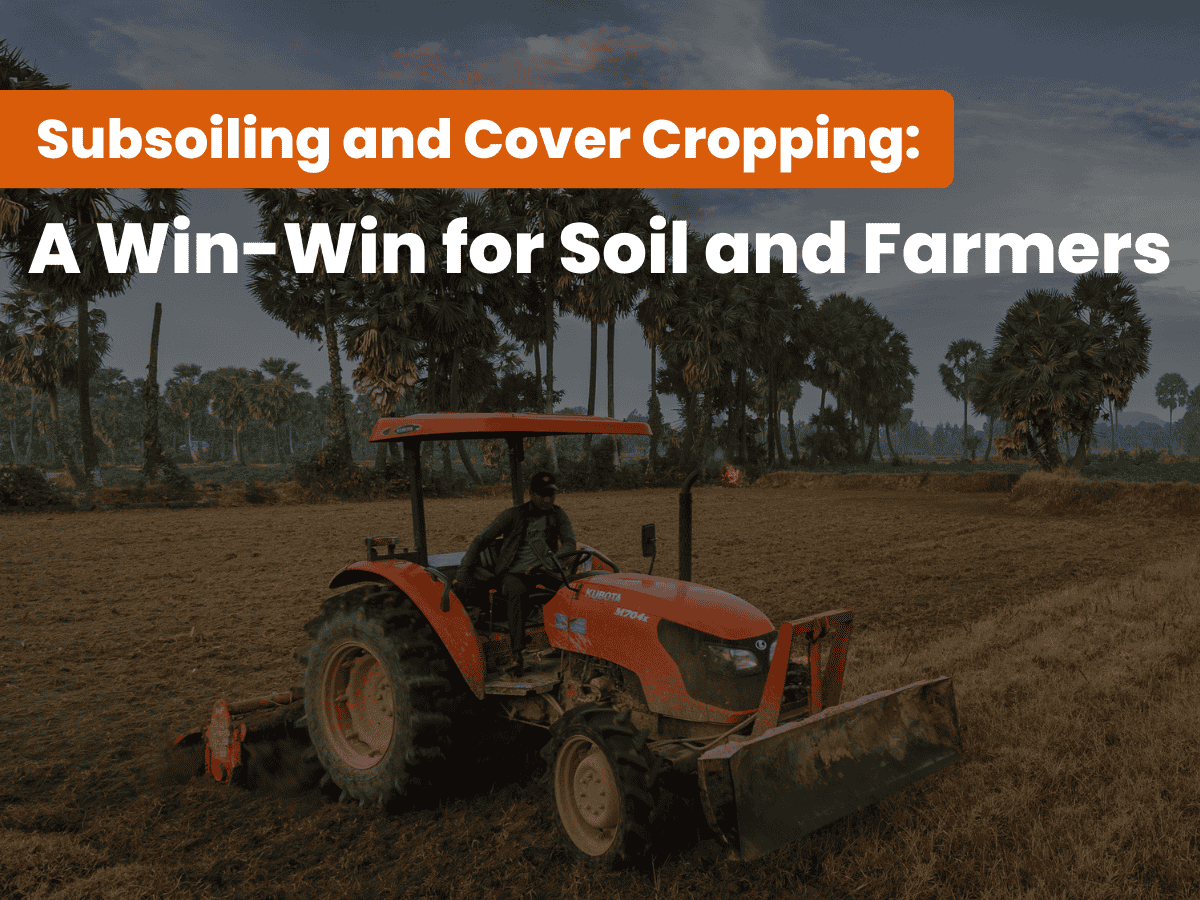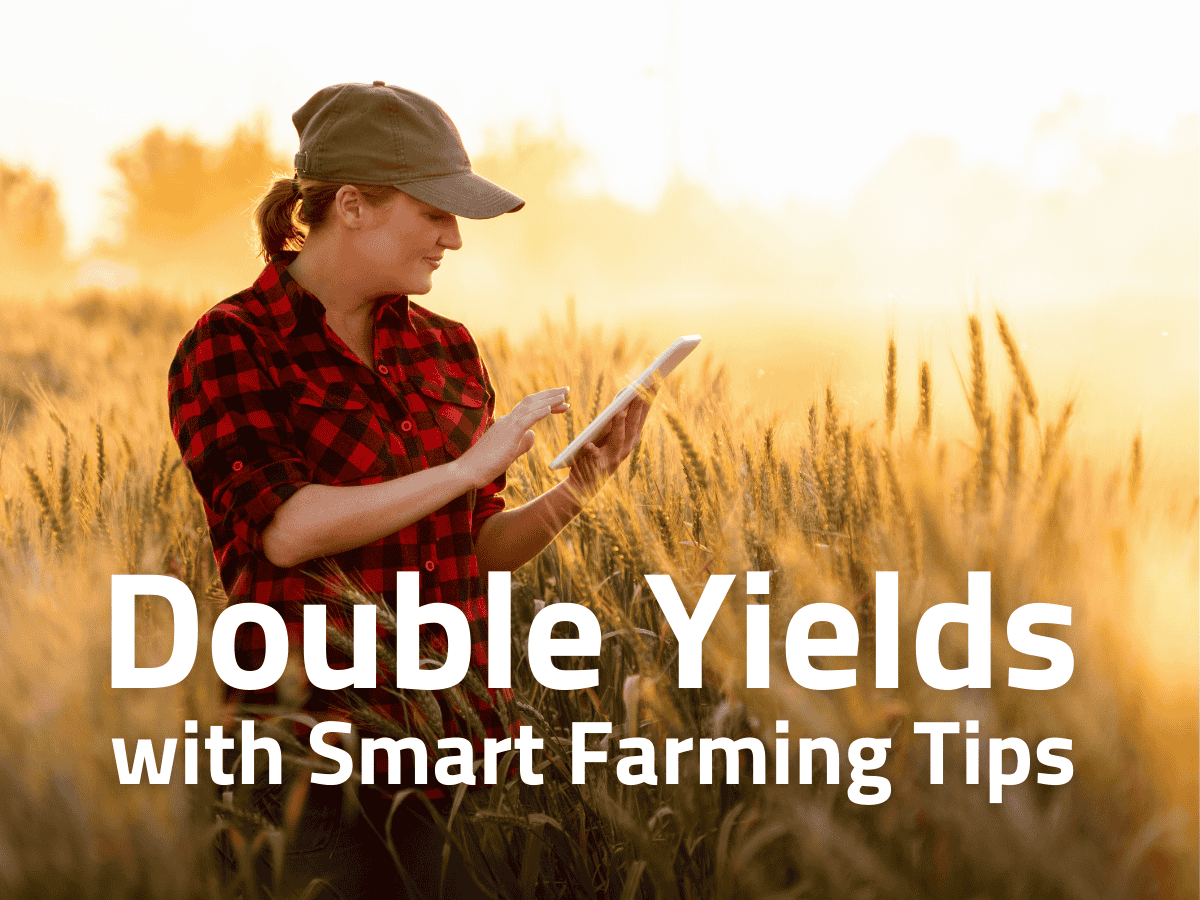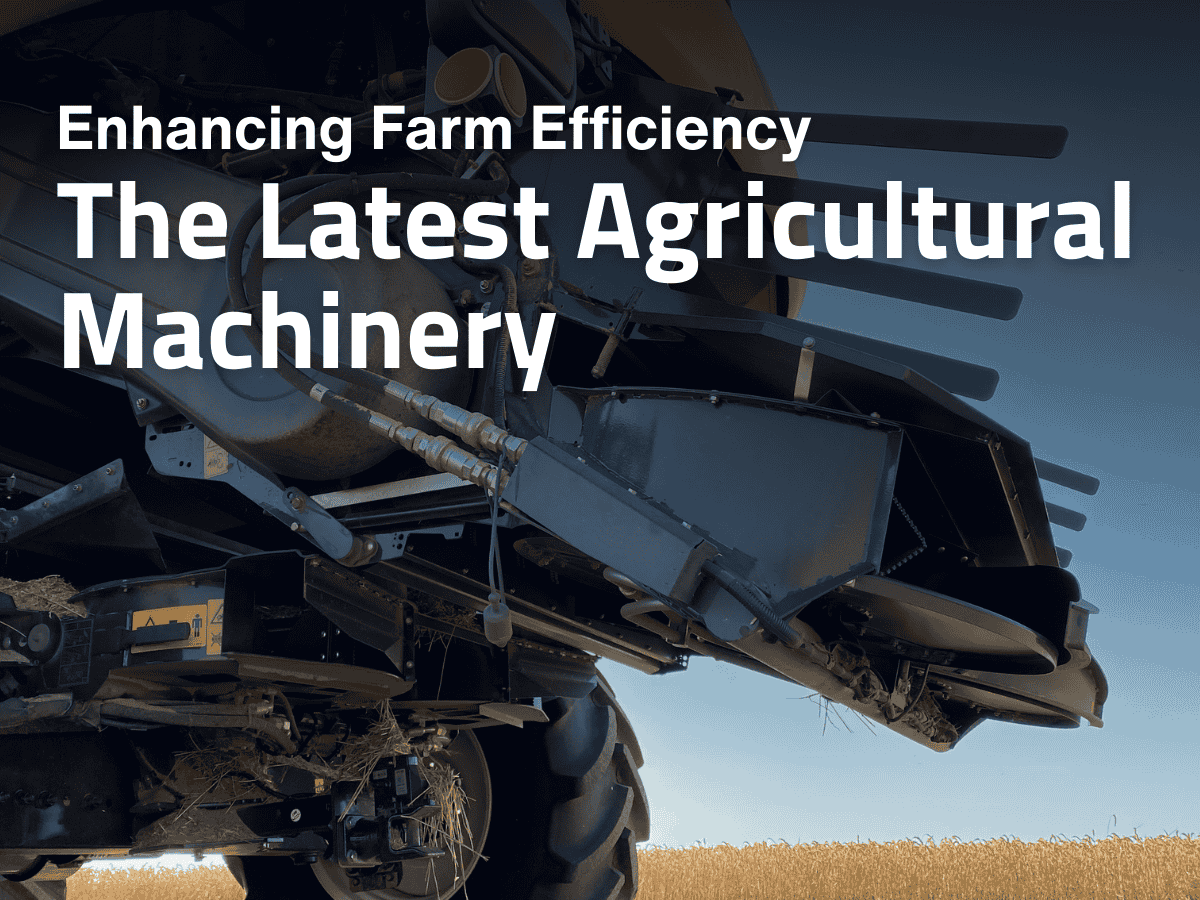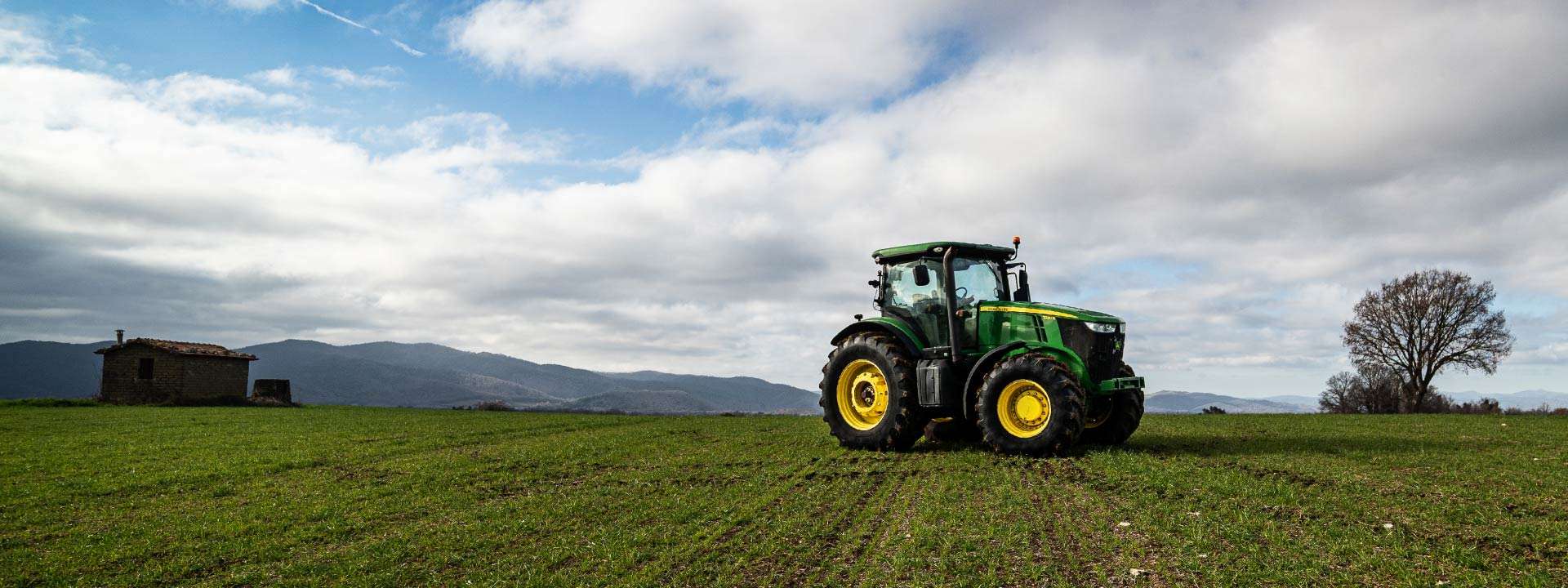agriculture
Is 4.0 Agriculture the Future of Farming?
Tue, 14 Jan 2025 | agriculture
As the world faces challenges like climate change, a growing population, and limited arable land, traditional farming methods are being reevaluated. Agriculture 4.0 is a new era that promises to revolutionise the way we farm. But what exactly is Agriculture 4.0, and can it truly shape the future of farming?
Understanding Agriculture 4.0
Agriculture 4.0 refers to the integration of cutting-edge technology into the farming process. It’s a leap beyond the mechanisation seen in previous agricultural revolutions. This new phase combines digital technologies, automation, and data-driven decisions to make farming more efficient, sustainable, and profitable. It involves the use of technologies such as:
- IoT (Internet of Things): Sensors, GPS, and connected devices collect real-time data from the farm.
- AI and Machine Learning: These systems analyse large amounts of data to optimize planting, harvesting, and irrigation.
- Automation: Robotics and autonomous machines perform tasks like seeding, spraying, and harvesting.
- Drones and Satellites: Used for aerial monitoring of crops, soil health, and field conditions.
- Blockchain: Ensures transparency and traceability in the food supply chain, from farm to table.
The goal of Agriculture 4.0 is to create a smart, data-driven agricultural system that increases productivity while reducing waste and environmental impact. But will it be enough to meet the demands of the future?
Why Agriculture 4.0 is Crucial for the Future?
Several factors make Agriculture 4.0 essential for the future of farming:
- Population Growth and Food Demand
By 2050, the global population is expected to reach 9.7 billion. (Source: UN.org) This dramatic increase in population will require a substantial rise in food production, potentially by 70% or more. (Source: World Resources Institute) Traditional farming methods, with their reliance on large expanses of land and intensive labour, are not sustainable at this scale. Agriculture 4.0 offers a way to increase efficiency, allowing farmers to produce more food with fewer resources.
- Climate Change and Environmental Impact
The effects of climate change are already being felt in agriculture, with unpredictable weather patterns, droughts, and floods threatening food security. Agriculture 4.0 technologies can help farmers adapt by providing real-time data on weather conditions, soil moisture, and crop health. This data enables more informed decision-making, which can reduce the risk of crop loss due to adverse weather.
- Sustainability and Resource Conservation
Agriculture 4.0 supports sustainable farming practices that aim to reduce waste, conserve water, and minimize chemical use. Precision agriculture, powered by IoT and AI, helps farmers apply water, fertiliser, and pesticides precisely where needed, reducing overuse and minimising environmental harm. This leads to higher yields with fewer resources, an essential consideration as the planet’s resources become increasingly strained.
- Labour Shortages
The agricultural industry faces a growing labour shortage, especially in developed nations, where fewer people are willing to work in farming due to its physically demanding nature. Automation and robotics, key elements of Agriculture 4.0, can help fill this gap. From autonomous tractors to robotic harvesters, these technologies reduce the need for manual labour, ensuring that farms can continue to operate efficiently despite labour shortages.
- Data-Driven Decisions for Enhanced Productivity
The most significant benefit of Agriculture 4.0 is the ability to make data-driven decisions. With sensors and IoT devices providing real-time data on everything from soil moisture to crop health, farmers can make more accurate decisions about planting, watering, fertilising, and harvesting. This leads to higher productivity, reduced costs, and better-quality produce.
Challenges to Overcome
Despite its potential, Agriculture 4.0 faces several challenges that need to be addressed for it to become a mainstream solution:
- High Initial Costs
The technologies involved in Agriculture 4.0—drones, sensors, AI systems—can be expensive to implement, particularly for small-scale farmers. While the long-term benefits may justify the investment, the high initial cost can be a significant barrier to adoption.
- Technological Literacy
For Agriculture 4.0 to work, farmers need to be equipped with the knowledge and skills to use these new technologies. In regions where farmers are not familiar with digital tools, there may be resistance to adopting new practices. Education and training will be critical in overcoming this hurdle.
The Path Forward
Despite these challenges, the future of farming is undeniably tied to the principles of Agriculture 4.0. With global food demand rising and environmental concerns escalating, the need for more efficient, sustainable, and innovative farming methods has never been greater. By embracing digital transformation, farmers can enhance productivity, reduce their environmental footprint, and build resilience against the impacts of climate change.
The future of farming will likely be a combination of traditional wisdom and modern technology. While Agriculture 4.0 offers an exciting glimpse into the future, it will be important to ensure that its benefits are accessible to farmers of all sizes, across all regions. The key to its success will be the integration of technology with a deep understanding of agricultural practices, ensuring that innovation serves the needs of the land, the farmer, and the consumer.
The rise of 4.0 Agriculture necessitates tyres that can withstand the demands of advanced machinery and optimise performance. CEAT Specialty's premium tyres, designed with cutting-edge technology, offer exceptional traction, durability, and fuel efficiency, making them an ideal choice for the evolving needs of modern farming.
Conclusion
Agriculture 4.0 is more than just a trend—it is a necessary evolution for the future of farming. With its potential to enhance productivity, conserve resources, and mitigate environmental challenges, it represents a critical step forward in creating a sustainable and resilient agricultural system. While the road to widespread adoption may be challenging, the promise of a smarter, more efficient farming system makes it clear: Agriculture 4.0 is indeed the future of farming.









